SUMMARY
This is AI generated summarization, which may have errors. For context, always refer to the full article.
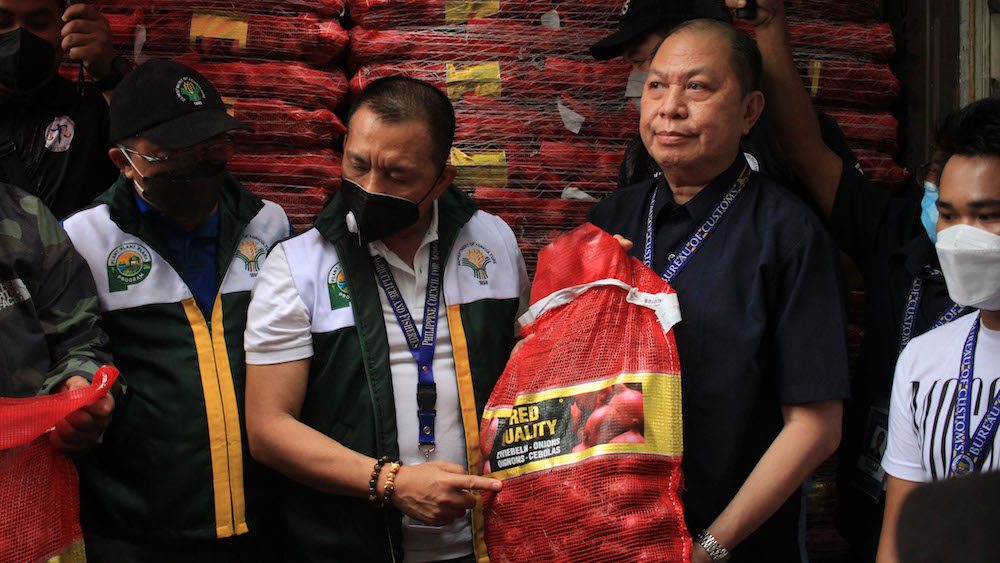
MANILA, Philippines – Onion prices, which had already reached over P700 per kilo, would never have skyrocketed if only the Department of Agriculture (DA) had allowed timely imports, according to former DA secretary William Dar.
“It’s a timing issue. When you only decide to bring in imports because the prices are rising, then it will be a much harder process,” said Dar in an ANC Headstart interview on Wednesday, January 18.
Dar said that the DA most likely had done anticipatory planning, but had nonetheless failed to bring in imports on time.
“In August, they should have decided early September to now bring in how many metric tons of onions to cover the deficiency,” Dar said. “It’s too late, and you can only do so much. It will go down, but not as much as you like it to be. “
The DA – currently headed by President Ferdinand Marcos Jr. – had approved the importation of yellow and red onions totaling 21,060 metric tons early in January 2023. Importers were given until January 27 to bring the onions into the country.
The decision, however, has been met with fierce criticism for its poor timing. Farmers’ groups pointed out that imports are now set to clash with the harvest season. Traders can now use the “import card” as a bargaining chip to buy onions from farmers at a price that can hurt farmers. (READ: As onion prices fall ahead of imports, farmers’ livelihoods, lives at risk)
“This will further depress prices for farmers, allow traders to take advantage and buy low from farmers, and give them the opportunity to hit the jackpot again during the offseason later this year when prices go up,” Raul Montemayor, Federation of Free Farmers Cooperatives Incorporated (FFFCI) national manager, told Rappler on January 11. “The government is playing into the hands of the traders.”
Smuggling still a problem
A whole-of-government approach, led by the Bureau of Customs (BOC), should also be used in stopping smugglers, according to the former DA secretary. He clarified that the DA and Bureau of Plant Industry had no police power to go directly after smugglers, although it had visitorial powers over certain government facilities.
“The Bureau of Plant Industry has visitorial power too because they issue import clearances and they have a good listing of cold storages in regard to imports of plant products. They have to elevate their game in looking at and visiting with police, with BOC, and others continuously. And BOC to really take leadership in bringing them to court,” Dar said.
Dar emphasized that the government must already have identified who the smugglers are by now. It was only a matter of holding them accountable.
“There are smugglers. I think with the economic intelligence you should know by now. With all the onions being brought from last year to now, you should have an idea who are bringing them via smuggling. Dapat lahat ng ito ay kasama sa imbestigasyon (All of this should be included in the investigation),” he said.
Senators had also chided BOC officials in a committee hearing on Monday, January 16 for failing to convict any big-time smugglers in the six years since the Anti-Agricultural Smuggling Act had taken effect – even if the same names had been floating around for some time already.
“‘Yung mga matatagal na kumilos na nagsmusmuggle ng mga bagay na ‘yan ay maikulong na sana kasi hindi pa rin po natututo. At tama ‘yung sinabi ni Senator Tulfo, baka naman kabarkada ng mga DA ang mga ‘yan,” Senator Grace Poe said during the hearing. (Those smugglers should be thrown in jail, since they never learn. And what Senator Tulfo said was right, maybe they’re all cozy with the DA.)
Road to onion self-sufficiency
Dar also said that with the proper agricultural strategies, the country could be 100% self-sufficient when it came to onion production. In fact, we’re already on that path.
“We made inroads by way of enhancing productivity of the onion commodity and towards increasing local onion production. So nasa level na ng 90%. So meron pa rin tayong kakulangan ng 10% (So we’re already at the 90% level. We still have a 10% gap),” the former DA secretary said.
“This 10% is very small. It’s possible. As I’ve said, properly done and sustained, we can be locally food self-sufficient.”
First and foremost, Dar said the DA should enhance the productivity of local farmers by increasing hectarage devoted to onion production, or by boosting productivity per unit area by using better technologies or onion variants. This should be the “number 1 priority of the Department of Agriculture” in partnership with its bureaus and local government units, Dar emphasized.
Next, the DA should also conduct anticipatory supply and demand analysis, allowing them to foresee possible shortages. The Department could then recommend to import the deficiency.
In the short term, he said that smuggled onions deemed fit for human consumption should be sold at the markets to stabilize prices.
“Kaladkarin lahat ‘yung na-ismuggled (Seize everything that’s been smuggled). Bring it to the market. … There is a way to do that. You have to analyze whether that product can still be utilized for human beings. Meron naman (There is) laboratory analysis,” he said.
In the long term, Dar said that the government should look to equip farmers with cold storage facilities, which would allow them store their own harvests and negotiate better prices with traders.
“Sana itong taon na ito ay madagdagan significantly yung investment na doon sa cold storages na ‘yan. Nueva Ejica, Pangasinan, Mindoro, lahat (Hopefully this year, investment in cold storage is significantly increased. Nueva Ejica, Pangasinan, Mindoro, all of them). These are the key producing provinces,” the former DA secretary said.
“That will give them the leverage to now discuss with traders. Presently, kung wala silang cold storages, ay talagang binabarat ng mga traders (Presently, if they don’t have cold storages, traders will lowball them).”
As the Department of Agriculture grappled with soaring onion and egg prices – along with shortages in salt and sugar – Dar suggested looking for a full-time agriculture secretary.
“The job of the agriculture secretary is a 24/7 responsibility. You can take it from there,” he said. “Suggestion lang. Hindi naman tayo decision-maker (This is just a suggestion. We’re not decision-makers here). It is now time, really, to have a full-time secretary.” – Rappler.com
Add a comment
How does this make you feel?
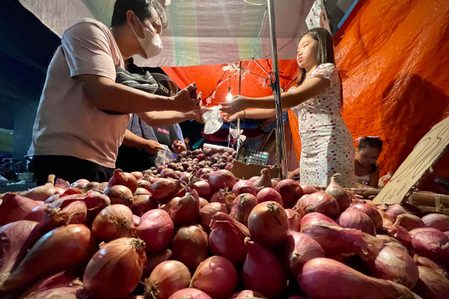
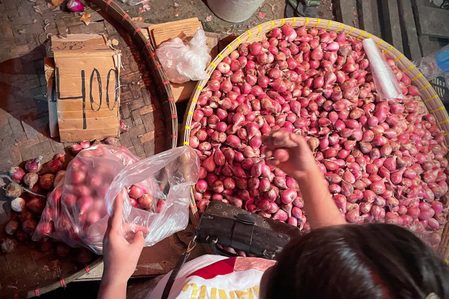

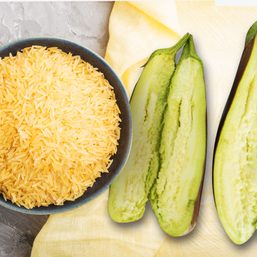

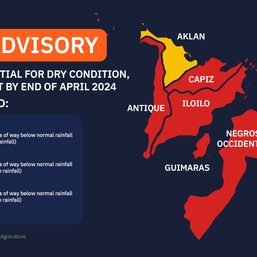
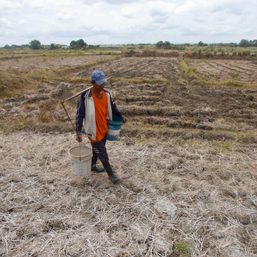
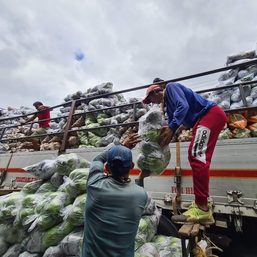
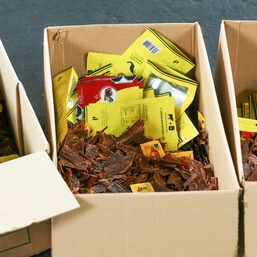
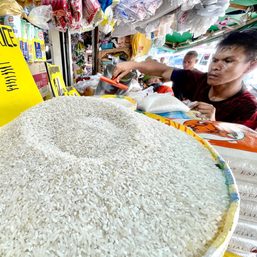
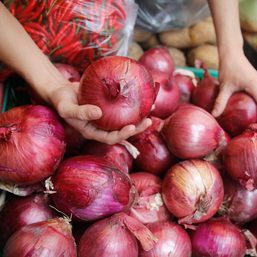

There are no comments yet. Add your comment to start the conversation.